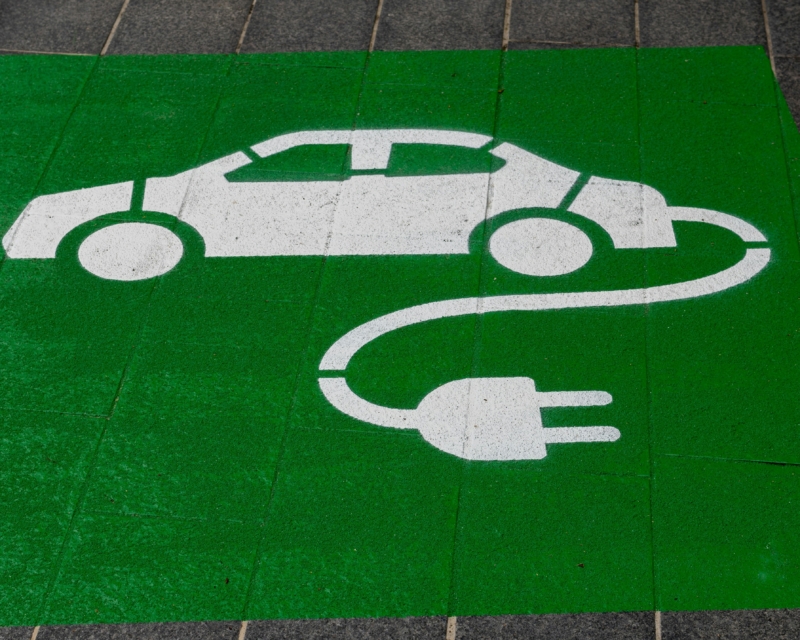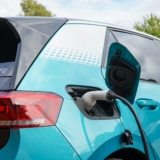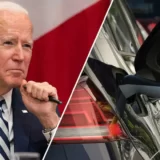US States Take Bold Step Towards Cleaner Future with Gas Car Ban by 2035
In a resounding declaration of commitment to environmental sustainability, nine states have announced plans to prohibit the sale of gas-powered vehicles by 2035. This groundbreaking initiative, spearheaded by the Advanced Clean Cars II rules, marks a monumental shift towards a greener automotive landscape, setting a precedent for a cleaner, healthier future.
The states involved in this visionary pact are taking a decisive stand against the detrimental effects of fossil fuel consumption on both public health and the environment. By phasing out the sale of new gas-powered cars, they are not only mitigating air pollution but also accelerating the transition towards renewable energy sources.
This bold move is not without its challenges and skeptics. Critics argue that such a rapid transition may pose economic hurdles and disrupt established industries. However, proponents of the ban emphasize the urgent need for decisive action in the face of climate change. They point to the undeniable scientific consensus on the detrimental impact of greenhouse gas emissions and stress the importance of adopting sustainable alternatives.
The automotive industry is poised for a paradigm shift, with electric vehicles (EVs) poised to become the new norm. Manufacturers are already ramping up production of EVs, investing in research and development to enhance battery technology and infrastructure. This transition presents a golden opportunity for innovation and economic growth, creating jobs in renewable energy sectors and stimulating technological advancements.
Furthermore, the gas car ban is not merely a symbolic gesture; it’s a practical step towards achieving ambitious climate targets. Transportation is a significant contributor to greenhouse gas emissions, and transitioning to electric vehicles will play a crucial role in reducing carbon footprints and combating climate change.
While the gas car ban represents a significant milestone in the fight against environmental degradation, it’s essential to ensure that the transition is equitable and inclusive. Low-income communities and marginalized groups must have access to affordable and reliable clean transportation options. Government incentives and subsidies can help bridge the gap, making EVs more accessible to all.






